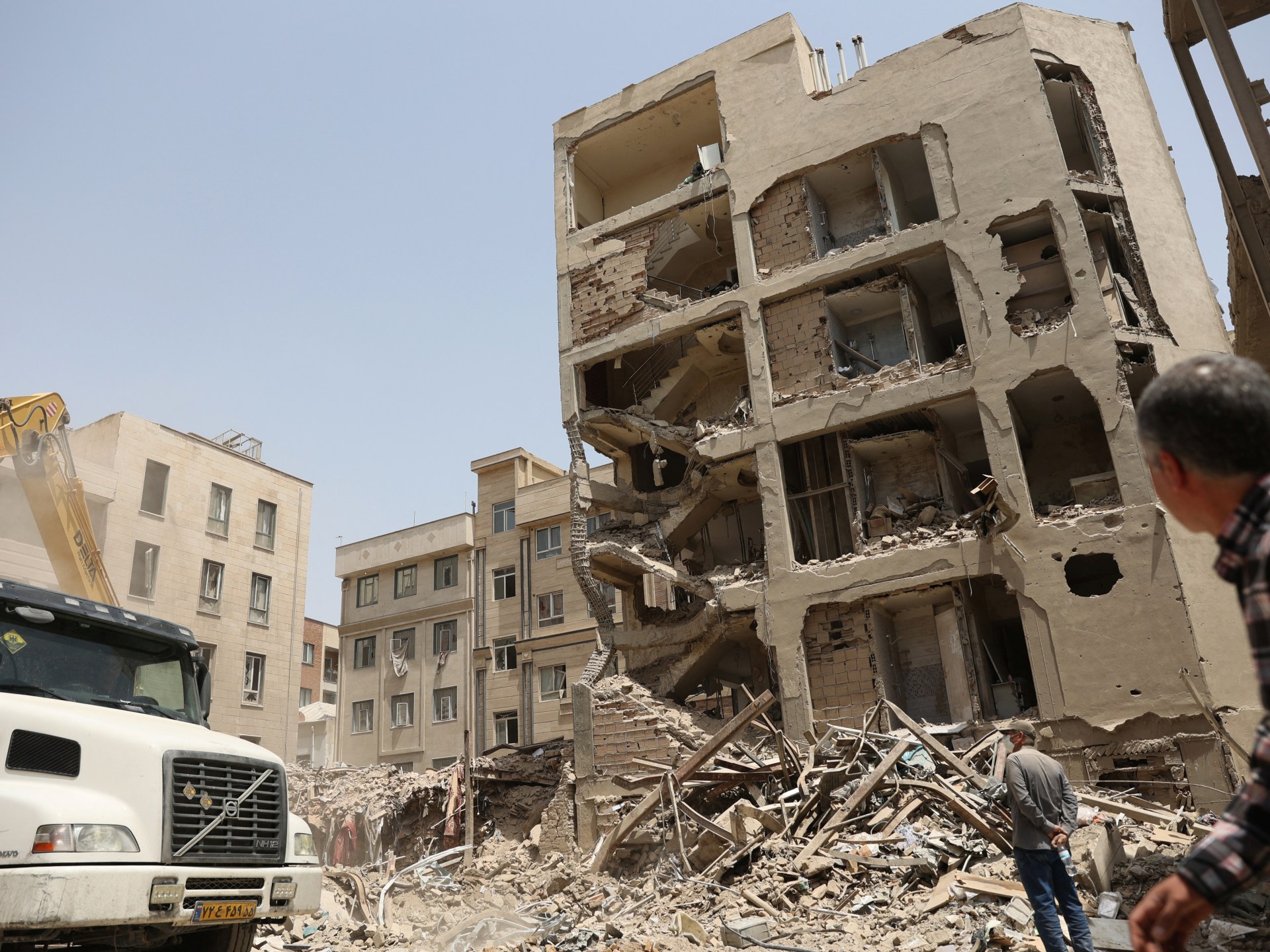The United States was persuaded to participate in a raid on the Iranian nuclear site at Fordow, and Israel’s leadership saw the 12-day conflict with Iran as a success. Numerous Iranian military leaders were killed, Iran’s defensive military capabilities were harmed, and the United States was persuaded to engage in a reconnaissance exercise.
Israeli leaders quickly claimed victory, but they also made it clear that they were prepared to attack again if necessary, with Prime Minister Benjamin Netanyahu stating that he had “no intention of easing off the gas pedal.”
According to analysts, Israel is already looking for the next opportunity to end the Islamic Republic of Iran.
However, in order to do so, the US might not be willing to grant it, so it would need to get its “permission.”
More than 1, 000 Iranians and 29 Israelis were killed in the mid-June due to a surprise Israeli attack that led to the war.
Israel justified the conflict by claiming that it was acting “self-defence” and preemptively to end Iran’s nuclear program, which Tehran has long claimed is for civilian purposes.
Iranian President Masoud Pezeshkian doubted the duration of the current ceasefire when he spoke to Al Jazeera earlier this week.
Our armed forces are prepared to strike Israel’s interior once more, he said, and we are fully prepared for any new Israeli military action.
Cause of war
Israel repeatedly claimed that it was attacking Iran’s nuclear facilities, but it primarily killed senior government and military figures, a clear sign that it was trying to stifle and possibly overthrow the regime.
Netanyahu is looking for an opportunity to resume that mission, according to Trita Parsi, an Iranian expert and co-founder and executive vice president of the left-wing US think tank Quincy Institute.
Israel wants to attack again because they want to ensure that Iran will become the next Syria or Lebanon, which Israel can attack at any time with impunity, he told Al Jazeera.
After European nations resume imposing crippling sanctions on Iran, Israel might have a second chance to use as a pretext for a war.
Earlier in July, US Secretary of State Marco Rubio reportedly arranged for a call with German, French, and British counterparts to say that if no new nuclear deal was reached before the end of August, sanctions would be reimposed.
Iran and a number of Western nations had reached a nuclear deal in 2015, lifting the sanctions.
Two years into President Donald Trump’s first term, the US reneged on the agreement and reinstated sanctions as part of a campaign under the most pressure. Parsi warned that the agreement’s European parties may now do the same, leading to Iran’s withdrawal from the nuclear non-proliferation treaty.
He told Al Jazeera, “That would give [Israel] a political window to]attack once more.”
Israel would need to gather or present credible intelligence that suggests Iran is rebuilding or repairing its nuclear program, according to Meir Javedanfar, a lecturer on Iran at Israel’s Reichman University.
In light of the US’ concern over Israeli attacks on Syria, he warned that “to launch such an attack, Israel would need the consent of the United States and its President Trump.”
Israeli operations
Israeli airstrikes against Iran may not be imminent, but a report in The New York Times on Wednesday suggests that it is conducting covert operations to prevent sudden fires and explosions all over the nation.
According to the paper, three well-informed officials and a European diplomat attributed alleged sabotage to acts of sabotage carried out by Israel at apartment complexes, oil refineries, close to an airport, and in a shoe factory to three informed officials.
According to Negar Mortazavi, an expert on Iran with the Center for International Policy (CIP), a think tank based in Washington, DC, “I think Benjamin Netanyahu has found a formula where it can attack Iran with impunity despite Donald Trump’s opposition.”
Israel’s extensive infiltration of Iranian security and infrastructure, which became clear during the initial stages of the June conflict, led to any ongoing covert operations. Those targeted included what was allegedly teams of local intelligence operatives and drones launched against Iranian targets from Iranian territory.
Analyst and expert on Iran Ori Goldberg claimed that there was no proof to support the conclusion of Israel’s connection to Iran.
He claimed from Tel Aviv that Israel has built a robust security system in Iran, and that it occasionally needs to flex its muscles. Sometimes this is more tactical than strategic, as is the case. You only have a limited amount of time to use infrastructure or people in other countries, so if that means starting a fire or igniting an explosion, it’s a way to keep them alive and let Iran know they’re there.
Probability of a new war
Few could have predicted the complete lack of restraint with which Netanyahu, a figure previously seen as having a bias against conflict, has continued to attack regional players like Yemen and Iran as well as neighboring Syria and Lebanon in addition to his brutal assault on Gaza.
However, how well-liked will a renewed attack on Israel’s historical bogeyman, Iran, be in the face of growing internal animosity over its occupation of Gaza remain to be seen.
Trump is concerned, and “Israel will want to stay on the right side of whatever line he’s drawn] on his actions,” according to Goldberg. Iran is, however, Israel’s common ground. Gaza may cause debate, but never Iran. Netanyahu will want to use force against Iran to unite the people in his path if he perceives himself as being in danger.
According to analysts, Iran won’t be caught flat-footed again.
Iran is anticipating continued aggression from Israel, Mortazavi claimed to tell Al Jazeera, despite its persistent steadfast hope of a diplomatic solution to its nuclear programme.
Source: Aljazeera

Leave a Reply